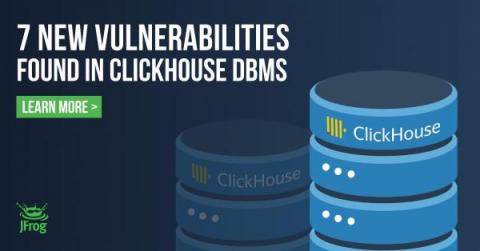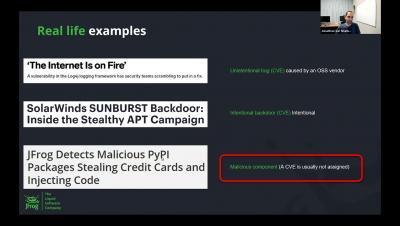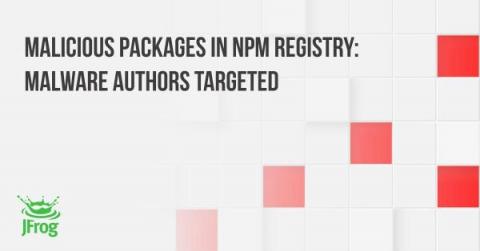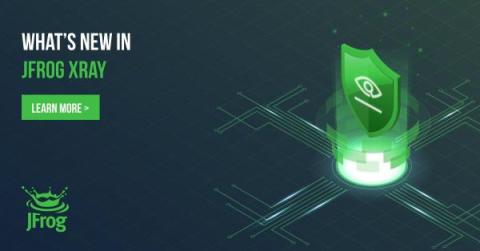7 RCE and DoS vulnerabilities Found in ClickHouse DBMS
The JFrog Security research team constantly monitors open-source projects to find new vulnerabilities or malicious packages and share them with the wider community to help improve their overall security posture. As part of this effort, the team recently discovered seven new security vulnerabilities in ClickHouse, a widely used open-source Database Management System (DBMS) dedicated to online analytical processing (OLAP).











